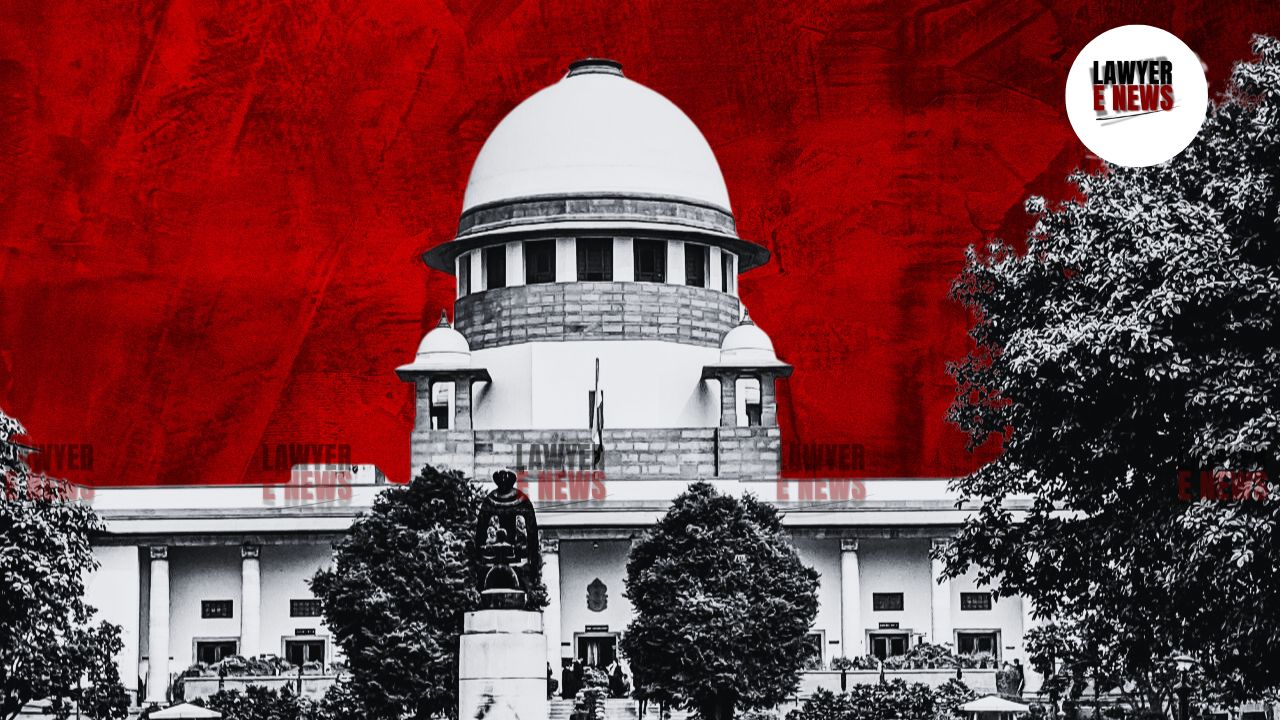-
by Admin
16 February 2026 1:47 PM



“Extraordinary Power to Transfer Investigation Must Be Exercised Sparingly and Only in Exceptional Situations” — Supreme Court allowed the appeal of the accused, setting aside the Punjab and Haryana High Court’s direction transferring the investigation from the Haryana Police to the Central Bureau of Investigation (CBI). The Court reaffirmed that “Courts should direct for CBI investigation only in exceptional cases”, emphasizing that vague allegations against the local police without substantiation do not justify CBI intervention.
The FIR in question alleged that the appellant impersonated an Inspector General of the Intelligence Bureau and extorted ₹1.49 Crores from the complainant under threat and coercion. The High Court had, at an early stage of investigation, directed transfer of the case to CBI under Section 482 CrPC.
The Supreme Court, disapproving of the High Court's approach, observed, “When the present FIR itself was filed on 22.10.2022 and the investigation was in its initial stage, then what was the burning hurry for the complainant to approach the High Court under Section 482 CrPC seeking an investigation by CBI?” The Bench noted that the complainant was admittedly acquainted with the accused since 2019 and had been conducting business transactions with him. It was, therefore, difficult to accept that the complainant remained unaware of the accused's alleged impersonation for years.
The Bench referred to the five-judge bench judgment in State of West Bengal v. Committee for Protection of Democratic Rights [(2010) 3 SCC 571] and reiterated that “the extraordinary power to direct a CBI inquiry must be exercised sparingly, cautiously, and only in exceptional situations.”
The Court also noted that the complainant's allegations against Haryana Police were unsubstantiated. It observed, “Bald allegations that the police officials are acquainted with the appellant or that they may not investigate properly without any material cannot justify a transfer to CBI.”
Further, the Court pointed out that a Special Investigation Team (SIT) under the Assistant Commissioner of Police was already constituted by the Commissioner, Panchkula, ensuring an independent investigation. The Court remarked, “The allegations are not against some high-ranking IPS officer but against a person who was allegedly impersonating himself as an IPS officer.”
The Bench also addressed the complainant's prior involvement in a related FIR before the Himachal Pradesh High Court which was already quashed, observing, “The earlier FIR was quashed by the Himachal Pradesh High Court holding that the FIR was used as a weapon to settle civil disputes.” However, the Supreme Court clarified that “we are not expressing any views on the merits of the case as all these aspects have to be seen during the investigation.”
Setting aside the High Court’s order, the Court concluded, “The parameters laid down in Committee for Protection of Democratic Rights are not fulfilled in the present case so as to exercise the extraordinary powers of directing a CBI investigation.”
Additionally, in connected proceedings, the Court accepted an unconditional apology by Dr. Navdeep Singh Brar, IPS, for registering a CBI FIR despite a stay granted earlier by the Supreme Court. The Court closed the contempt proceedings while directing that the investigation shall proceed lawfully by the Haryana Police.
Date of Decision: April 2, 2025
